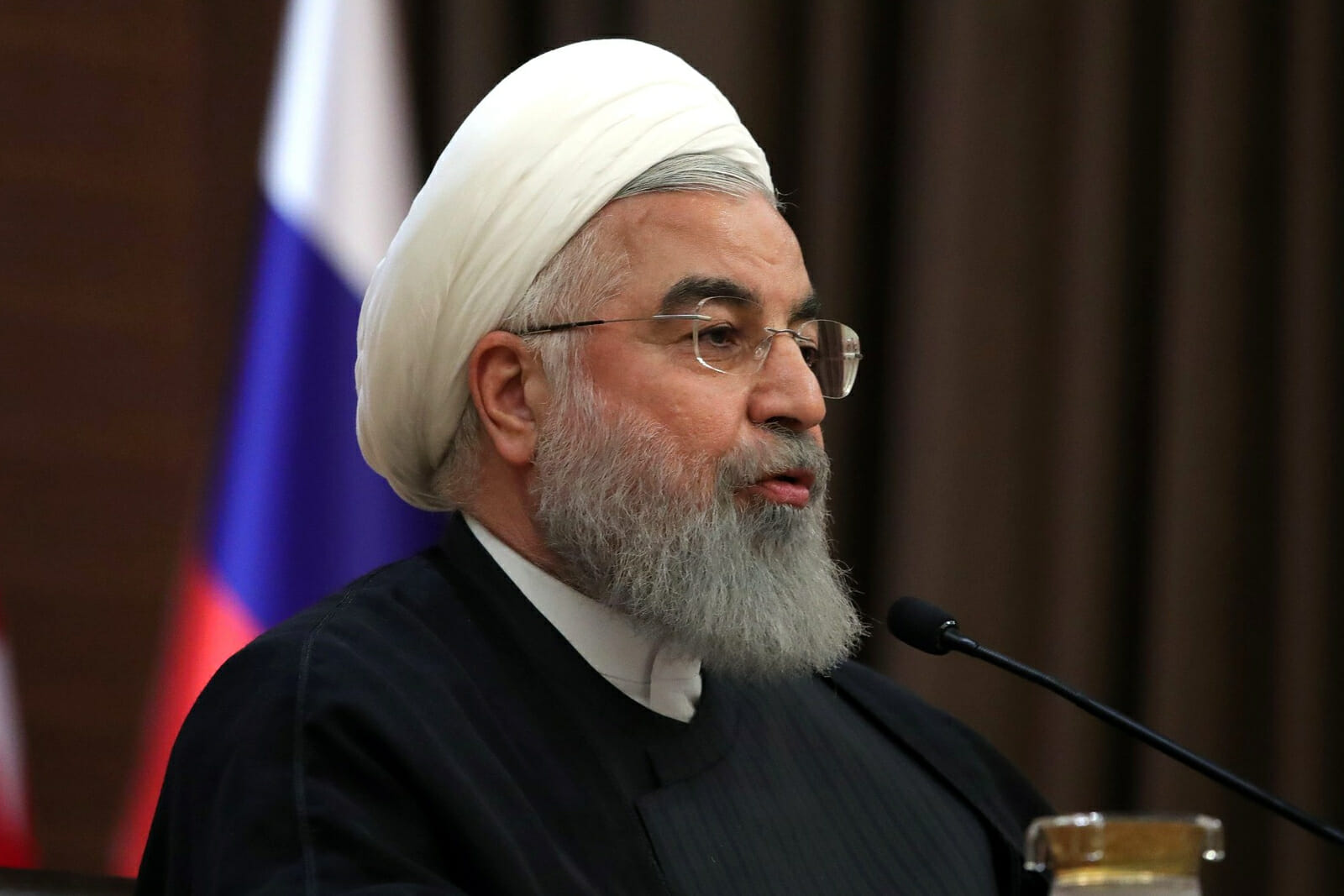
Nuclear Disarmament Precedents
Last week’s nuclear talks between U.S. and Iranian officials in Kazakhstan stalemated, despite positive statements before the meeting. Negotiators could take a lesson from their hosts, who in the early 1990s surrendered their nuclear capability to Russia. Kazakhstan gave up 898 warheads and, by 1996 had destroyed its missile silos originally designed for the SS-18. Ukraine and Belarus also gave up its nuclear capabilities. Azerbaijan and the Baltic republics transferred their nuclear weaponry to the Soviet Union before its demise. Kyrgyzstan, Tajikistan, Turkmenistan, and Uzbekistan moved their weapons to Russian territory by May 1992.
Anti-nuclear sentiment is strong in the post-Soviet Republics. The late President Heydar Aliyev of Azerbaijan declared nuclear weapons “a threat to mankind.” He told the Preparatory Commission for the Comprehensive Nuclear Test Ban Treaty Organization that “The main goal of mankind is to stop the production of nuclear weapons, or at least the goal should be to stop testing them.”
Kazakh President Nursultan Nazarbayev closed the Soviet test site Semipalatinsk even before the dissolution of the Soviet Union. “Thousands of Kazakhstan citizens of different ages joined together in the anti-nuclear movement, which overwhelmed the whole country.”
Despite the peaceful moves of its neighbors to the north, Iran continues to develop its nuclear capability. Iran demands recognition of its right to enrich uranium, a right its neighbors have foregone. Iran claims it is for peaceful purposes, but these are peaceful purposes for which other oil-rich countries in the region—such as Azerbaijan and Kazakhstan—have not felt a need.
In the 1990s, the leaders of Ukraine, Belarus, and Kazakhstan all took hard-line stances during initial negotiations. It is not surprising that Iran has done the same. The ex-Soviets quickly abandoned their positions, however, when they realized a non-nuclear future benefited their people. It is surprising that the government of Iran, faced with a 50% inflation rate and a third of the population having difficulty affording food because of sanctions, has not come to the same realization.
The United States had a role to play in the disarmament schemes of the 1990s. Nunn-Lugar provided money to the republics to pay for the transfer of radioactive material, and the destruction of delivery systems. The P5+1 have offered sanctions relief to the beleaguered Iranian economy. It is time for Iran to learn from the history of its neighbors, who are enjoying the fruits of a nuclear-free economic boom, instead of continuing to push for something that will keep it an international pariah.
